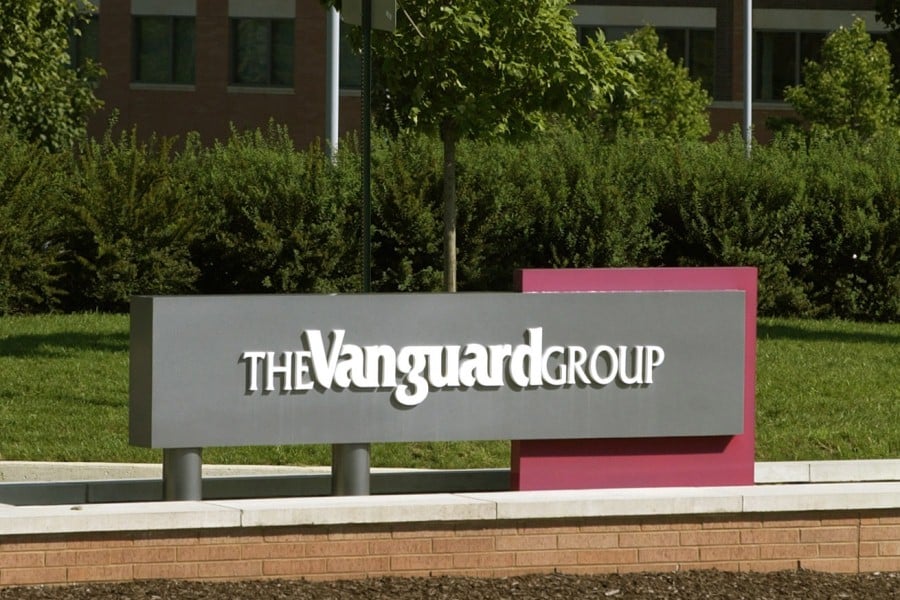There's more than meets the eye when it comes to the
free funds unveiled by Fidelity Investments this week, according to Vanguard Group chief investment officer Greg Davis.
Vanguard's rival stoked the investing industry price war Wednesday by offering two no-fee index funds to retail customers and cutting costs on others. Because Vanguard has already aggressively lowered fees on indexed products, Mr. Davis said he sees no reason to be fazed by Fidelity's offering.
"Investors always have to ask themselves when they see an offering like this, 'What's the catch?"' he said Friday in an interview at Bloomberg headquarters in New York. "The question becomes what else are investors going to be charged in other products?"
Vanguard, the fund giant with about $5.1 trillion under management, and competitors such as BlackRock Inc. and Charles Schwab Corp. have been reducing fees on index mutual funds and exchange-traded funds as investors increasingly shift away from costlier actively run products. Vanguard's average expense ratio is 11 basis points, or 11 cents a year per $100 invested, compared with the industry's mean of 62 basis points, according to company data.
(More: Fidelity's zero-fee funds unleash the power of free)
Not 'Reactive'
Fidelity's announcement is unlikely to spur any immediate reaction from Vanguard, Mr. Davis said.
"Do we pay attention to the competitive environment? Absolutely. Are we reactive to what one competitor does? Absolutely not," he said.
Vanguard has grown dramatically in recent years as investors, frustrated by the inability of many active managers to consistently beat their benchmarks, have voted with their feet for low-cost funds that mimic benchmark indexes.
Fidelity, which manages $2.5 trillion, is best known for its actively managed funds, but in the past few years it has aggressively gone after rivals in the index arena. Fidelity is also cutting fees by an average of 35% on its existing index mutual funds, and allowing investors to open accounts with no minimum balance required.
(More: Fidelity's zero-cost funds raise issues for 401(k) advisers)







